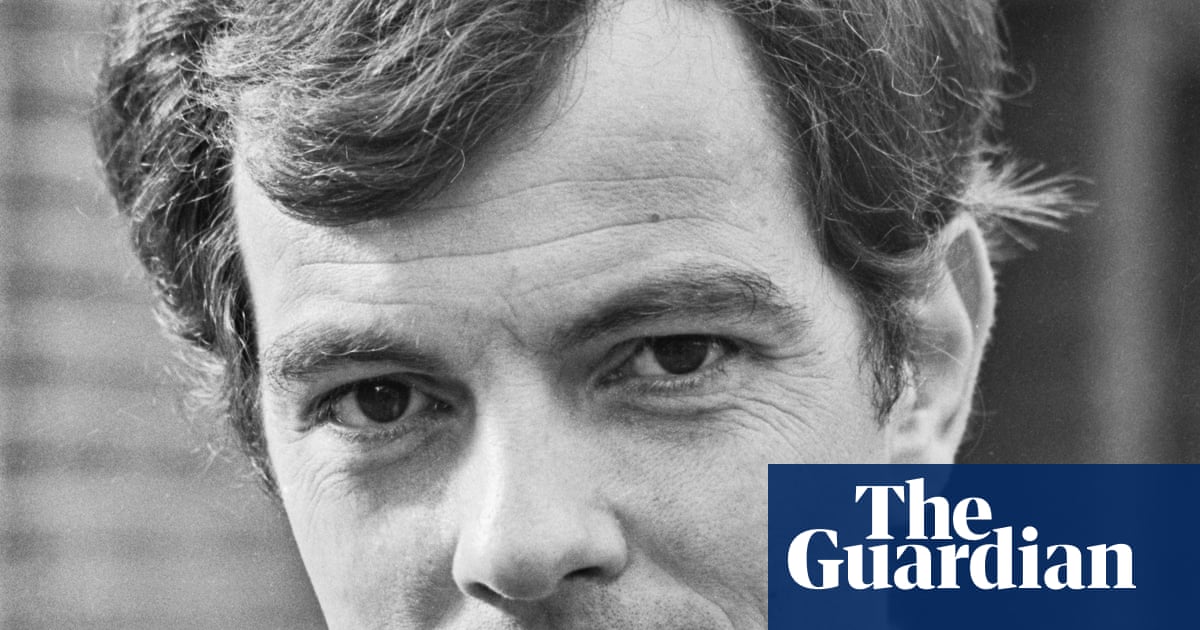
"Watkins was an uncompromising figure who clashed with the BBC after the latter failed to show The War Game on broadcast TV, and subsequently led a peripatetic film-making existence, looking overseas for backing. He was wary of the press. In a rare interview he spoke to the Guardian in 2000, saying he was someone who has been working for 30 years to help shift the power balance between public and TV."
"Born in 1935 in Norbiton, Surrey, Watkins studied at Rada (Royal Academy of Dramatic Art) after doing national service, telling the Guardian: I did not intend to point my rifle at a human being. After making a series of short films, including Forgotten Faces, about the Hungarian uprising, Watkins joined the BBC in 1962 and was subsequently asked to make a film about the Battle of Culloden, Butcher Cumberland's victory over Jacobite forces in 1746."
Peter Watkins died aged 90 in Bourganeuf, near Felletin in central France, where he had lived for 25 years. He won an Oscar for The War Game, a controversial drama-documentary depicting a nuclear attack on Britain. He clashed with the BBC after the film was withheld from broadcast television and thereafter sought international backing for his work. He trained at RADA after national service and made short films including one about the Hungarian uprising. His 1964 Battle of Culloden used contemporary news techniques and non-professional actors to achieve immediacy and realism. He believed more open television in the 1960s and 1970s could have produced a more humane global society.
Read at www.theguardian.com
Unable to calculate read time
Collection
[
|
...
]